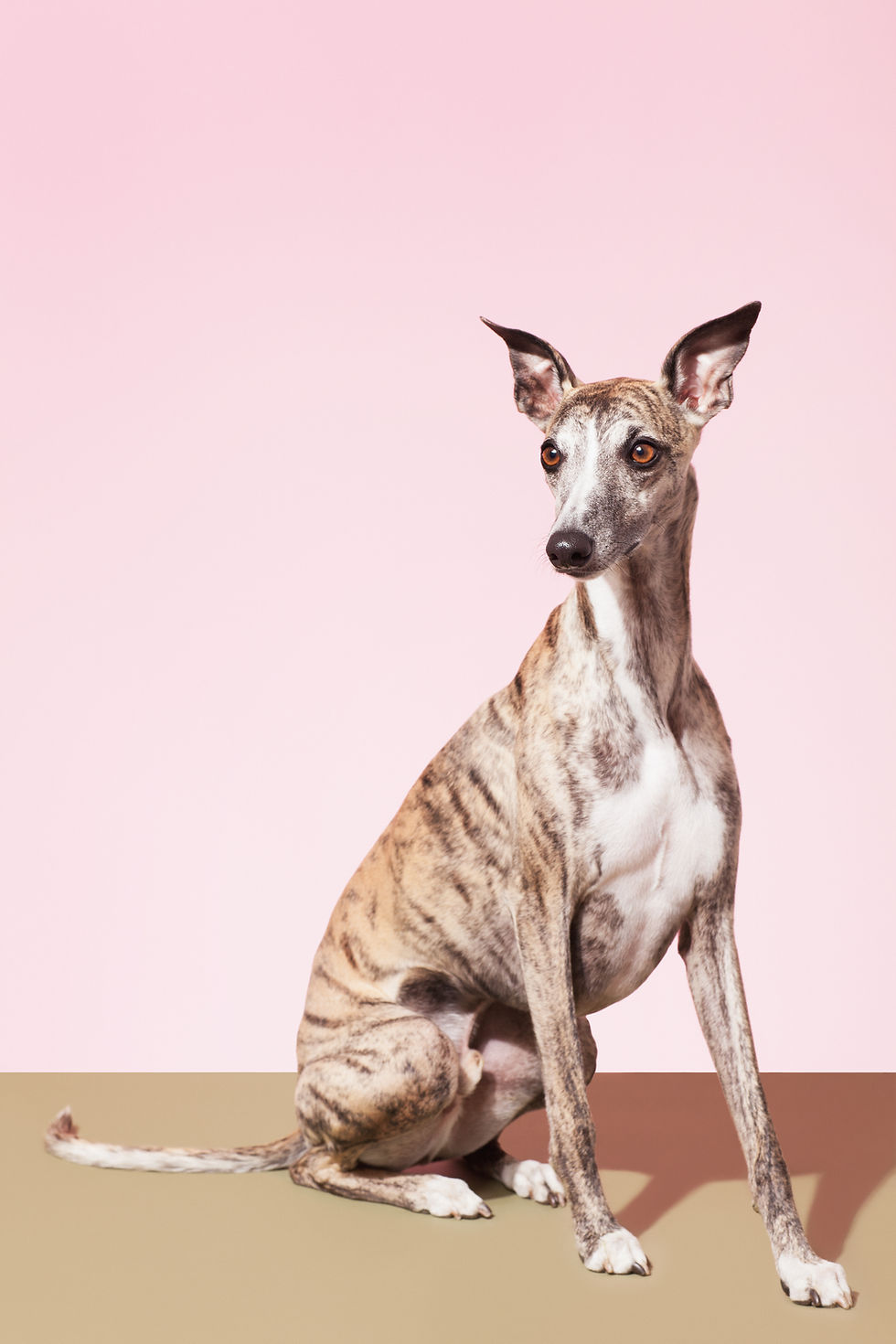ALARMING Decline Of Mammals In The UK 💔
- Jennifer J

- Dec 16, 2021
- 2 min read

There is sad news, as a new report has found that UK mammals are declining.
New research by the Mammal Society, the UK Centre for Ecology & Hydrology and the University Sussex published the research, and they have found that some mammal species in the UK are sadly declining.
The worrying thing is that the researchers have found that the mammal species which are in decline in the UK are species that wildlife conservationists did not believe were at risk. These species are - stoats, weasels, shrews and voles.

The researchers also found that 5 out of 7 small mammal species have been in decline in the areas where they are present - they have also declined by an average of 1.2% to 2.8% every year; between 1970 and 2016.
The researchers have found that some species are declining at a worse rate than others. They have found that the harvest mouse and weasels have been affected the worst. The decline in weasels has led to them becoming 'vulnerable to extinction.' This is a heartbreaking and worrying decline of weasels.
The decline of weasels has been so great that they have declined by half in just 50 years. The decline of these cute animals has wildlife conservationists worrying that weasels could become extinct in the future.

The researchers have found that species that have been historically abundant are now shown to be in decline. They have found that species that have been common - bank voles, field voles, stoats, weasels, common shrews and water shrews, are now in decline. This is worrying, smaller animals can give us an indication about the health of ecosystems, this research indicates unhealthy and declining ecosystems.
The researchers found that mammals who have been abundant in places like long grass, hedgerows and scrubland have seen declines in their numbers.
The findings they have made were previously unknown and are alarming. The chair of the Mammal Society, Stephanie Wray said, ''This is the 'canary in the coal mine' that tells us we need to act now to stop ecosystem collapse.''
You can read the full report - here.



Comments